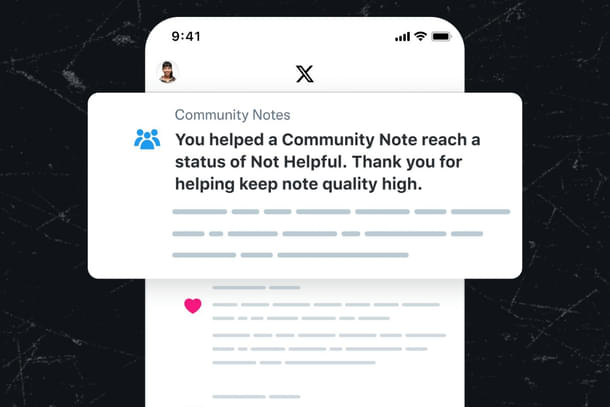Technology
As X’s Community Notes Come To India, Andy Mukherjee Gets Called Out For His EVM Op-Ed
Karan Kamble
Apr 15, 2024, 05:50 PM | Updated Apr 16, 2024, 12:25 PM IST
Save & read from anywhere!
Bookmark stories for easy access on any device or the Swarajya app.


Columnist Andy Mukherjee took aim at India’s voting machines recently in a column for Bloomberg and received a quick public correction in response through a social media tool recently opened to Indian users.
With the ruling Bharatiya Janata Party (BJP) and Prime Minister Narendra Modi likely to secure a third term, Mukherjee sought to cast doubt over the largest democratic exercise in the world in his opinion piece.
The writer opened his article (available here without a paywall) by saying, “Now that the quid pro quo in India’s opaque electoral funding has been exposed, electronic voting machines are the next port of call for judicial scrutiny. And rightly so.”
Far from “rightly so,” as per the user-submitted community notes, a key feature of Elon Musk’s social media platform X. Community notes are a collaborative way for X users to provide additional context or background to potentially misleading posts.
In his article, Mukherjee was, of course, airing a view shared by many of India’s opposition parties, most prominently the Congress, which tries to raise a spectre of doubt over the means of casting a vote in India — electronic voting machines, or EVMs.
However, the community note accompanying the X post shared by Bloomberg Opinion states that India’s chief election body and judiciary have already answered questions and complaints about EVMs and cleared the technology.
“The Election Commission of India has clarified all the questions about EVMs in its 16th March 2024 press conference,” said the note, adding, “The EVMs have been through judicial scrutiny and ECI mentioned this in its press conference.”
“Author has chosen to simply disregard the available information,” it said, providing a link to the video of the ECI’s press conference on YouTube.
While the community note is currently playing peek-a-boo, thankfully X user “arun v” has shared a screenshot of the note on the platform. “We've managed to add a Community Note to Andy's ridiculous EVM conspiracy op-ed. Thanks to everyone who contributed,” he wrote in a post.
Interestingly, this is among the early significant catches by X’s community notes since its introduction in India on 4 April. India became the sixty-ninth country to have this feature available to its X users. Local contributors are gradually getting on board the notes train to be able to help fact-check X posts.
As for Mukherjee’s article, questioning the EVM when the party you don’t approve of wins is an old trick. The opinion writer sees PM Modi winning another term “as a further tilt toward his divisive politics.”
“But are almost 1 billion voters onboard with the idea of a Hindu nation or against it? There’s only one way to find out: a fair ballot that’s transparent to everyone voting and observing,” writes Mukherjee.
He calls for greater scrutiny of EVMs and gives the example of “Western democracies,” who are said to “have mostly decided against surrendering the act of recording a citizen’s most profound political choice entirely to machines.”
Trying to make India follow the ways of the West is another trope among a certain section of India’s thinkers.
In the ECI’s press conference referred to in the community note, Chief Election Commissioner Rajiv Kumar said EVMs are “100 per cent safe.” He added that Indian courts had examined numerous complaints about EVMs 40 times and dismissed them all.
Speaking to The Week recently, former chief election commissioner V S Sampath said, “The EVM is pure and dependable,” adding that “Mere suspicions exist, but there is no proof or solid basis to doubt the reliability of the EVM.”
On 16 April, the Supreme Court will hear a batch of pleas seeking to verify votes by cross-checking them with the Voter Verifiable Paper Audit Trail (VVPAT).
The VVPAT is a separate system for verifying votes, allowing voters to confirm if their vote was recorded accurately. It produces a paper slip that voters can view, which is kept sealed and can be opened if there is a dispute.
The election to India’s parliament will be held in seven phases between 19 April and 1 June 2024, with the result out on 4 June.
Karan Kamble writes on science and technology. He occasionally wears the hat of a video anchor for Swarajya's online video programmes.





